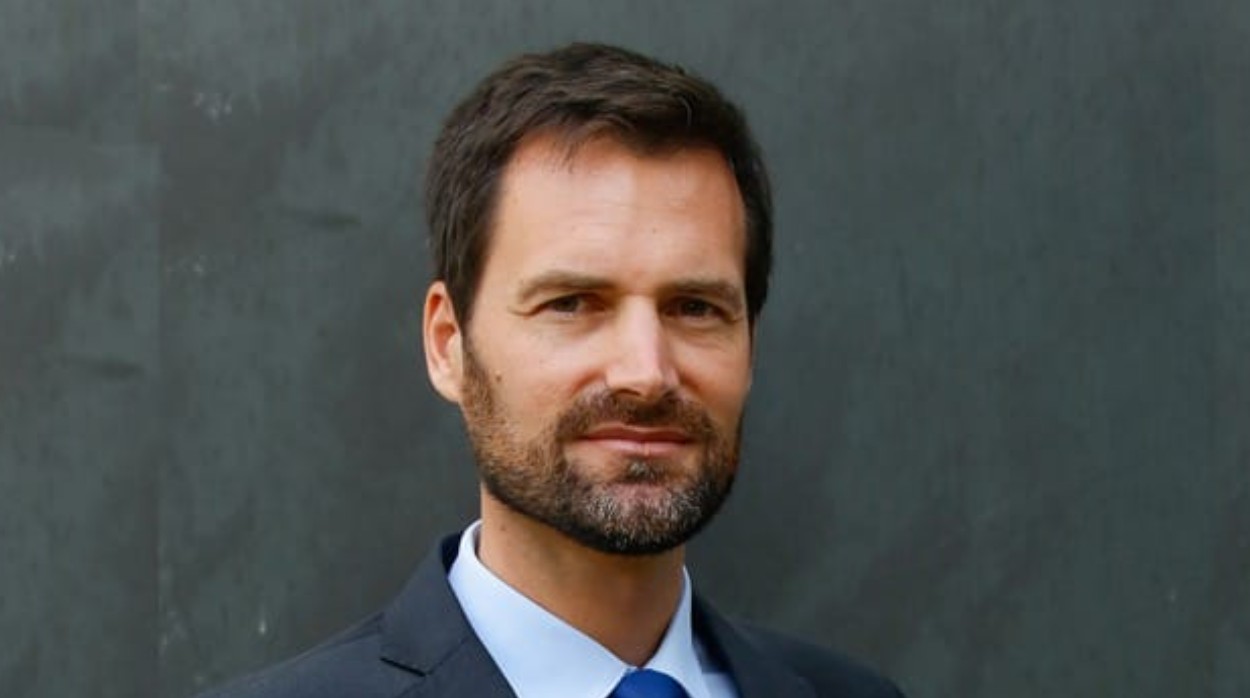In it’s most recent economic update, the Central Bank of Malta (CBM) forecasts that Malta’s gross domestic product (GDP) will grow by 4.3 per cent in 2024, a marginal downward revision from its last update.
Growth is then projected to ease to 3.5 per cent in both 2025 and 2026, translating into a small downward revision for 2025 and a marginal improvement for 2026.
In 2023, growth was primarily driven by net exports, while domestic demand is envisaged to be the main driver of growth in 2024. Private consumption growth continues at a brisk pace, and private investment, is expected to gradually recover. Net exports are also projected to contribute positively, driven mainly by services exports. Meanwhile, the CBM noted that growth in 2025 and 2026 is expected to continue to be led by domestic demand.

Employment growth is set to moderate, albeit from high rates, in the projection horizon, while the average wage is expected to grow at a faster rate in 2024, partly in response to the pronounced inflation in the recent past and a tight labour market.
Annual inflation based on the Harmonised Index of Consumer Prices is projected to drop significantly, from 5.6 per cent in 2023 to 2.4 per cent in 2024, before reaching 1.9 per cent by 2026. Compared to previous projections, inflation has been revised down by 0.5 percentage point in 2024, largely reflecting the unexpected rapid drop experienced in the initial months of the year.
The general government deficit-to-GDP ratio is set to decline to 4.1 per cent in 2024, and to narrow further over the rest of the forecast horizon, to stand at 3.1 per cent by 2026. The general government debt-to-GDP ratio is set to increase throughout the forecast horizon, reaching 54.3 per cent by 2026. When compared with the previous projection round, the projected deficit ratio is higher, while the debt ratio is broadly unchanged.
Risks to activity are broadly balanced over the projection horizon. Downside risks largely emanate from possibly adverse trade effects related to ongoing geopolitical tensions. On the other hand, the labour market could exhibit even stronger dynamics than envisaged in this projection round, both in terms of employment and wages. This could then result in stronger private consumption growth.
Risks to inflation are balanced over the project horizon. Upside risks to inflation could stem from extreme weather events and effects of geopolitical developments. Other upside risks to headline inflation include the potential impact of measures to combat climate change. Furthermore, wage pressures could be stronger than envisaged in the baseline. On the downside, imported inflation could fall more rapidly than expected, while services inflation could normalise more quickly than envisaged in this projection round.
On the fiscal side, risks are tilted to the downside (deficit-increasing). These mainly reflect the likelihood of slippages in current expenditure, including higher-than-expected outlays on energy support measures if commodity prices are higher than envisaged. They also reflect the likelihood of additional increases in pensions and public sector wages in the outer years of the forecast horizon. Should these risks materialise, they are set to be partly offset by the likelihood of additional fiscal consolidation efforts to comply with the EU’s fiscal rules.
Noreen Burroughes Cesareo presented with MBE by Princess Anne
Her MBE was presented to her at Windsor Castle.
BOV and MIA open Director nominations
Things are shaking up.
MICHELIN Guide inspectors note Malta’s ‘extraordinary tourist dynamism’
The Guide’s 2026 selection includes 48 restaurants, among them six newly recommended establishments.
Maltese executives ‘turning AI curiosity into commitment’ – Gege Gatt
‘Malta has the scaffolding. Now it needs the skill,’ says the EBO.ai Founder and CEO.









